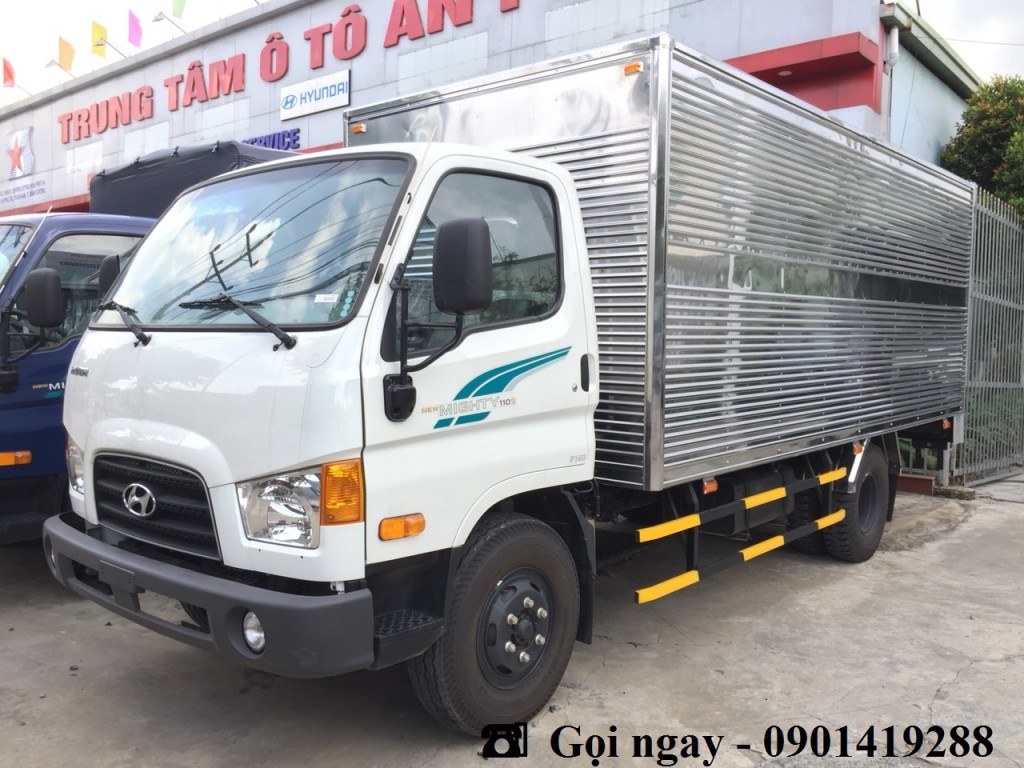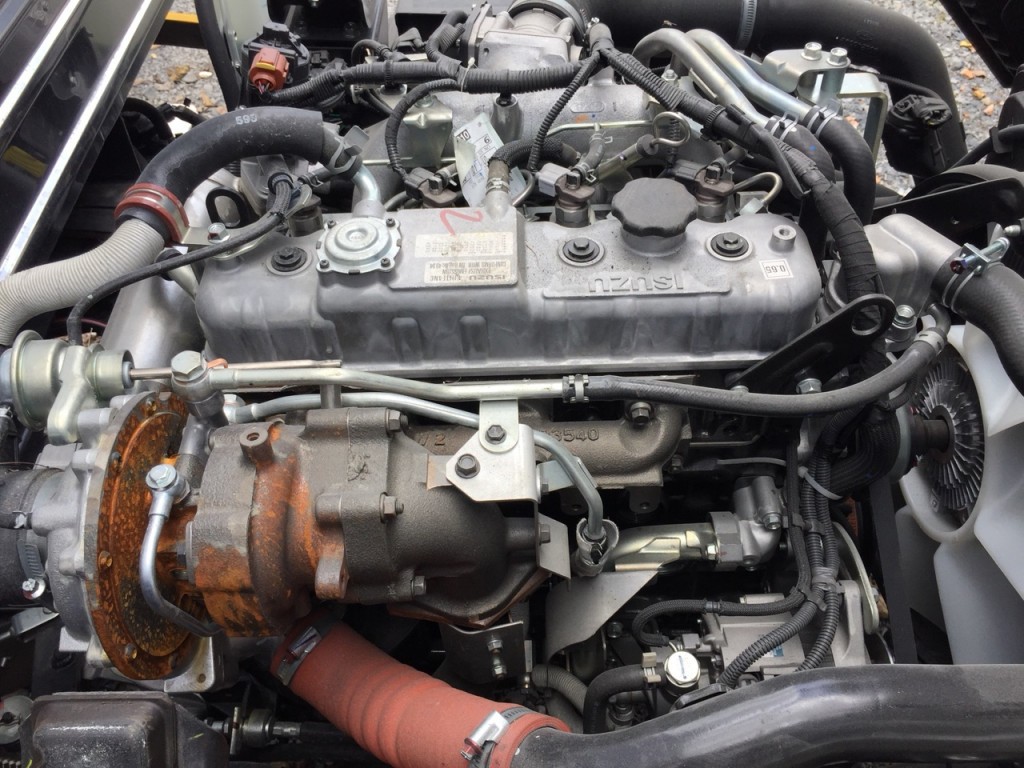Fuel costs are a significant burden for transportation businesses and individuals. Understanding the 1.25T truck fuel consumption helps drivers manage journeys and optimize operating costs, increasing profits. This article from Xe Tải Mỹ Đình provides detailed information, offering insights for informed decisions.
 Fuel consumption rate
Fuel consumption rate
1.25T Truck Fuel Consumption: What to Expect
The 1.25-ton truck segment is popular for inner-city and short-haul freight. So, what is the typical 1.25T truck fuel consumption? Generally, these trucks consume around 7-9 liters of diesel per 100km. However, this is just a reference; actual fuel consumption can vary based on factors discussed later in this article.
1. Calculating Fuel Consumption for 1.25T Trucks
To proactively calculate and control your 1.25T truck fuel consumption, use this simple formula:
Fuel Consumption (liters/100km) = (Liters of fuel used / Distance traveled (km)) x 100
Example: If your 1.25T truck travels 200km and consumes 16 liters of fuel, the consumption rate is: (16 liters / 200km) x 100 = 8 liters/100km.
This formula applies to all truck types, helping you track and compare fuel efficiency.
2. Fuel Consumption Examples for Popular 1.25T Trucks
To provide a clearer view of 1.25T truck fuel consumption, Xe Tải Mỹ Đình offers examples of fuel consumption for popular models:
- Suzuki Carry Truck 1.25T: Average fuel consumption of 7-8 liters/100km. Known for durability and fuel efficiency.
- Thaco Towner Van 1.25T: Fuel consumption ranges from 7.5-8.5 liters/100km, suitable for diverse urban freight needs.
- Dongben SRM 1.25T: Fuel consumption around 8-9 liters/100km, an economical option.
- Kenbo 1.25T: Fuel consumption may be slightly higher, around 9-10 liters/100km, depending on operating conditions.
Note: These figures are for reference only. Actual 1.25T truck fuel consumption may vary due to several factors.
 Fuel consumption rate for trucks
Fuel consumption rate for trucks
3. Factors Directly Affecting 1.25T Truck Fuel Consumption
Despite the calculation and reference data, 1.25T truck fuel consumption isn’t fixed. It’s affected by factors including:
3.1. Vehicle Usage Conditions
- Terrain and road type: Highway driving saves fuel compared to congested urban roads, mountain passes, or poor roads.
- Load capacity: Heavier loads increase 1.25T truck fuel consumption.
- Traffic density: Traffic jams and frequent stops increase fuel consumption.
- Weather: Temperature, wind, and rain can affect fuel consumption.
3.2. Engine and Truck Brand
 Truck engine
Truck engine
Each manufacturer has different engine technology. Turbocharged engines are often more fuel-efficient than non-turbocharged engines. However, 1.25T truck fuel consumption differences between brands are usually not significant.
3.3. Driver Habits
Driver habits significantly influence 1.25T truck fuel consumption. Behaviors like:
- Sudden braking and acceleration: Increase fuel consumption substantially.
- Speeding: The engine works harder, consuming more fuel.
- Lack of regular maintenance: Poor vehicle operation reduces engine efficiency, wasting fuel.
- Inexperienced drivers: Poor handling can increase fuel consumption.
3.4. Fuel Quality
Poor diesel quality reduces engine performance, causing higher fuel consumption and potentially damaging the engine long-term. Always buy fuel from reputable stations.
 Fuel consumption rate
Fuel consumption rate
4. Effective Fuel Saving Tips for 1.25T Trucks
To minimize fuel costs and optimize 1.25T truck fuel consumption, apply these tips:
- Drive at a steady speed: Avoid accelerating and braking suddenly.
- Maintain appropriate speed: Avoid driving too fast or slow.
- Use air conditioning reasonably: Air conditioning consumes significant fuel.
- Check tire pressure regularly: Low tire pressure increases resistance, wasting fuel.
- Perform regular vehicle maintenance: Ensure optimal engine and component performance.
- Choose suitable engine oil: Quality oil reduces friction, saving fuel.
- Reduce unnecessary load: Only carry the specified load capacity.
- Plan smart routes: Choose the shortest route, avoiding traffic jams.
- Train drivers on fuel-efficient driving: Improve driver awareness and skills.
Conclusion
Understanding 1.25T truck fuel consumption and its influencing factors is crucial for managing operating costs and improving business efficiency. We hope this article has provided useful information. Contact Xe Tải Mỹ Đình for any questions or truck advice!
Contact Information:
Đại lý Xe Tải Hyundai TPHCM Head Office: 16 Quoc lo 1A, An Phu Dong Ward, District 12
Hotline: 0901419288 – email: [email protected]
Official Website: dailyxetaihyundai.vn